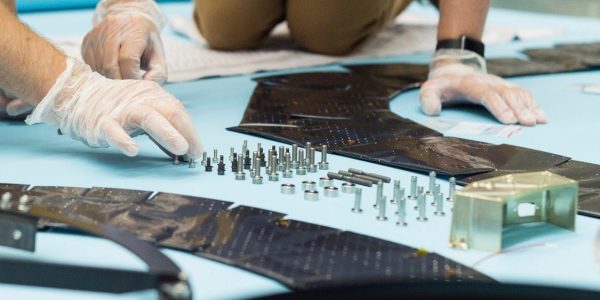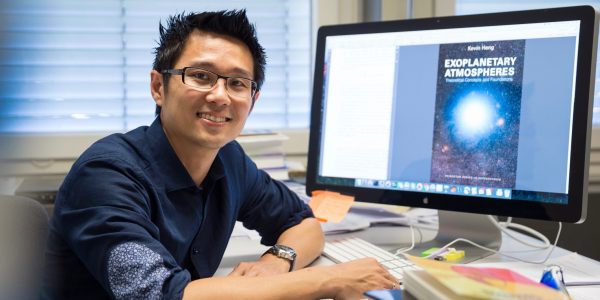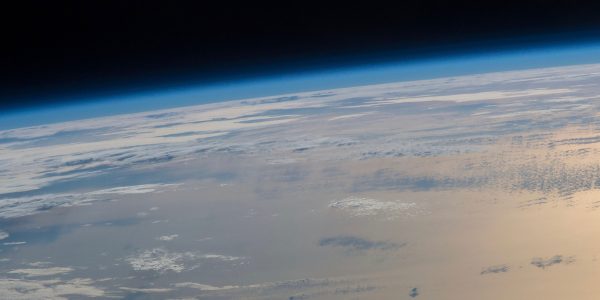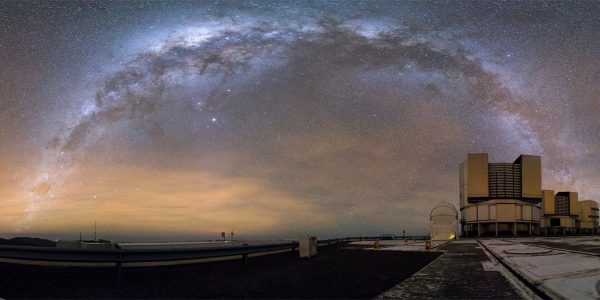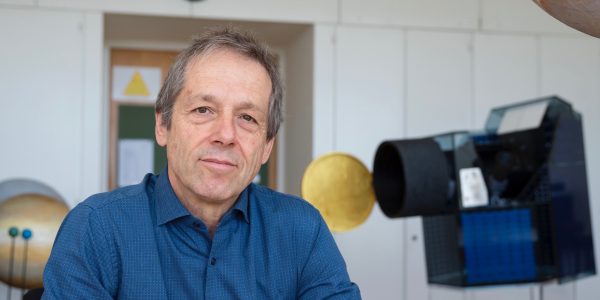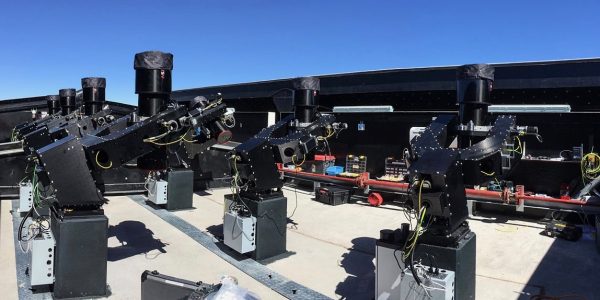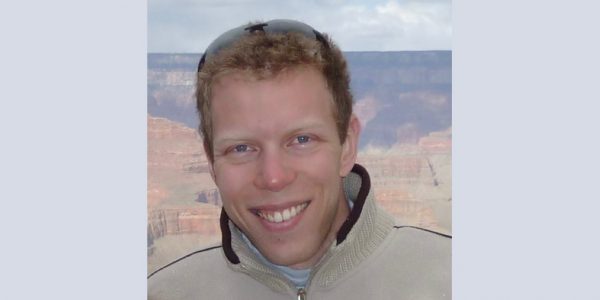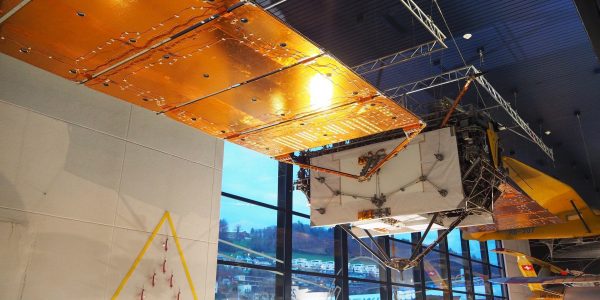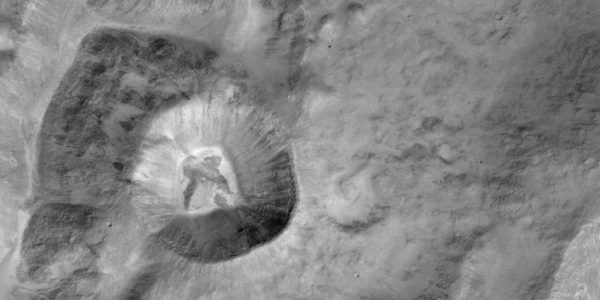External Newsletter
How to build a space telescope
In the next months, engineers at the University of Bern will assemble the CHEOPS space telescope integrating parts arriving from all over Europe. CHEOPS, the CHaracterising ExOPlanet Satellite, is dedicated to study planets orbiting stars outside of our Solar System. Before building the flight model, the team used a structural model for testing which had […]
Continue ReadingExoplanetary Atmospheres
«Studying and understanding the atmospheres of exoplanets is an indispensable step on the path towards addressing one of the oldest questions posed by humanity: Are we alone?» writes Kevin Heng, Director of the Center for Space and Habitability of the University of Bern and member of PlanetS. In his new textbook on the theory of […]
Continue ReadingThe crucial role of water
Water is one of the key molecules in shaping the history and present day of our planet Earth and is crucially important for many physical, chemical and biological processes during abiogenesis, the process to transform lifeless matter into the flourishing and astounding environment we experience today. For instance, the amount of water ice was crucial […]
Continue ReadingThe sky above Cerro Paranal
For two years, astronomer Henning Avenhaus has worked as a postdoctoral research fellow in Santiago, Chile, studying protoplanetary disks and planet formation. During this time, he several times had the opportunity to work at ESO’s Very Large Telescope (VLT) on Cerro Paranal. But besides sitting in the control room in front of the computer screen […]
Continue ReadingMichel Mayor, video game character
The Icelandic firm CCP teamed up with Michel Mayor, renowned exoplanet astronomer and honorary professor at the University of Geneva, to launch the new version of EVE Online, a video game aiming to bring together science and entertainment. The objective: by manipulating real scientific data, tens of thousands of players think of conquering the galaxy, […]
Continue ReadingEducation and outreach
Dear Reader, Many of you probably remember some privileged moments in your youth when you had a special encounter with science and perhaps thought, be it only for a short moment, that this could be something fun to do in life. Hard to predict what triggers these moments, perhaps reading a book, visiting a museum, […]
Continue ReadingStudy and play with real data
What’s more motivating for a student than to participate in research and perhaps make a real discovery. This is what the University of Geneva proposes in its MOOC (Massive Online Open Course) on exoplanets, a MOOC which at its first broadcast in 2015 met a huge success as more than 20’000 people attended this course […]
Continue Reading«Our telescope in Mexico is really filling a gap»
Brice-Olivier Demory is looking for earth-sized, potentially habitable exoplanets. Part of his research strategy is building a telescope in Mexico. Since August 2016, the 36 year old astronomer has been professor at the Center for Space and Habitability (CSH) of the University of Bern. His professorship is sponsored by the Swiss National Science Foundation (SNSF). […]
Continue ReadingNew space exhibition and planetarium show
On 24 November 2016, the Swiss Museum of Transport in Lucerne opened the new space exhibition. A few days later, the planetarium show «Out there» celebrated first worldwide premiere. Both the exhibition and the show have been made possible thanks to the support of NCCR PlanetS. Among the speakers at the opening of the new […]
Continue ReadingSpectacular images of Mars
«We saw Hebes Chasma at 2.8 metres per pixel. That’s a bit like flying over Bern at 15’000 kilometres per hour and simultaneously getting sharp pictures of cars in Zurich,» says Nicolas Thomas, principal investigator of the Mars camera CaSSIS and Director of the Physics Institute at the University of Bern. The Bernese instrument made […]
Continue Reading
